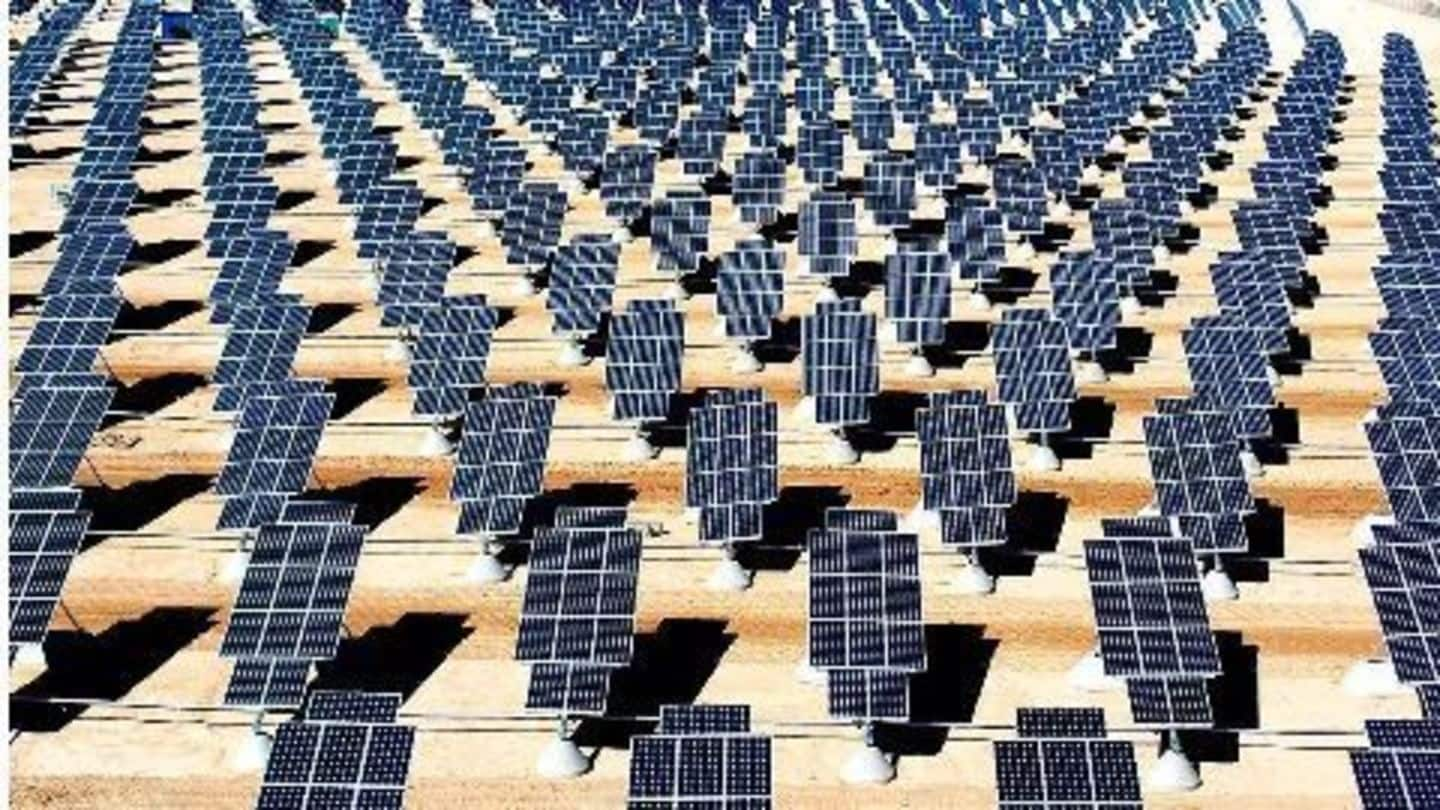
International Solar Alliance to be headquartered in India
What's the story
The International Solar Alliance, announced during the recently concluded Paris climate summit in Dec'15, will have its headquarter in Gurgaon, India. The foundation stone for the headquarter will be jointly laid by Indian Prime Minister Narendra Modi and French President Francois Hollande on 25 Jan. Meanwhile, for the interim period, ISA will work from the National Institute of Solar Energy located in Gurgaon, India.
Background
What is the ISA?
The International Solar Alliance is an alliance of 121 nations that fall in the tropics between Tropic of Cancer and Tropic of Capricorn. These nations receive 300 or more days of sunshine in a year and have a huge potential for solar energy. According to the draft of ISA, it will work to "ensure access to affordable, reliable, sustainable and modern energy for all".
1 Dec 2015
India, France launch International Solar Alliance
Prime Minister Narendra Modi launched the International Solar Alliance with French President Francois Hollande at the 21st Conference of Parties in Dec'15. The move received a positive response from other nations and United Nations General Secretary Ban Ki-moon, who assured UN support to the initiative. The alliance is expected to function in areas like international cooperation in training, regulatory issues, building standards, investment, etc.
Information
ISA will have a corpus of Rs.6500 crores
India has offered Rs.400 crore to ISA which includes 5 years of financial and logistical support to the ISA secretariat. The ISA pool is expected to expand to approximately Rs.6500 crore when all member nations contribute.
Quote
Leadership for India in solar energy
"It is for the first time that an international organisation is being headquartered in India," - Upendra Tripathy, Secretary, Minister of New and Renewable Energy.
22 Jan 2016
ISA: The road ahead
The ISA will become operational when 25 nations officially ratify it, by approving it through their Parliament or Cabinet which is likely to happen by June 2016. The finer blueprints for the alliance need to be worked out including the mechanism for funding. Of the $1 trillion funds to be raised by ISA, $500 billion will have to come from the corporate sector.